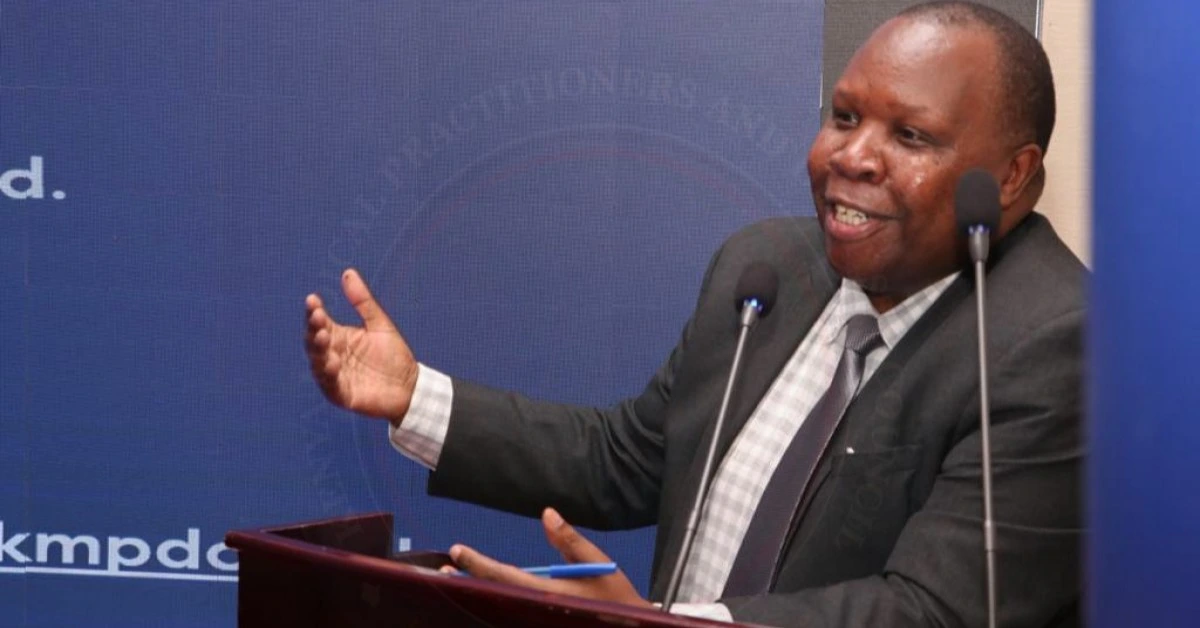
KENYA – The Office of the Ombudsman has mandated the Kenya Medical Practitioners and Dentists Council (KMPDC) to provide critical documents concerning dental practice regulation within seven days.
This directive follows a formal appeal by Dr. Kahura Mundia, who claims the Council failed to respond to his earlier information requests.
Dr. Mundia’s appeal, lodged under Section 14(1)(a) of the Access to Information Act, 2016, seeks clarity on the regulatory framework governing dental practitioners and auxiliary cadres, particularly Community Oral Health Officers (COHOs).
He emphasizes that his request aligns with constitutional rights under Article 43(1)(a), which guarantees the right to healthcare, and Article 46, which pertains to consumer rights and quality service provision.
The Ombudsman’s directive compels the KMPDC CEO to submit either an institutional report or relevant documents related to dental practice, as stipulated in Section 22(3) of the Access to Information Act and Regulation 25(1) of the ATI General Regulations, 2023.
Failure to comply within the stipulated timeframe will result in the Commission proceeding to determine the appeal without further input from the Council.
The details requested include certified copies of meeting minutes from February 27, 2025, where the regulator and stakeholders discussed what was described as misregulation in the field.
These issues involved claims of illegal licensing and the withdrawal of some scopes of practice. He also asked for the curricula from KMTC and Mount Kenya University for COHO diploma and degree courses, as submitted to KMPDC.
Other requested materials include internship logbooks for students at KMTC, MKU, and dental officers pursuing Bachelor of Dental Surgery programs, as well as inspection reports from training institutions, including KMTC, MKU, and public universities.
The KMPDC, established under the Medical Practitioners and Dentists Act, is mandated to regulate the training, practice, and licensing of medicine, dentistry, and healthcare institutions in Kenya.
This includes approving and registering medical and dental schools, prescribing minimum educational entry requirements, conducting internship qualifying examinations, and inspecting and accrediting new and existing institutions for medical and dental internship training.
Recent developments have raised concerns about the Council’s capacity to effectively regulate the healthcare sector.
In a move criticized by health workers, President Ruto’s Cabinet proposed the declassification of several regulatory councils, including the KMPDC, effectively cutting off their access to government funding.
Critics argue that this could undermine the Council’s ability to regulate medical practice and address complaints of medical negligence.
XRP HEALTHCARE L.L.C | License Number: 2312867.01 | Dubai | © Copyright 2025 | All Rights Reserved